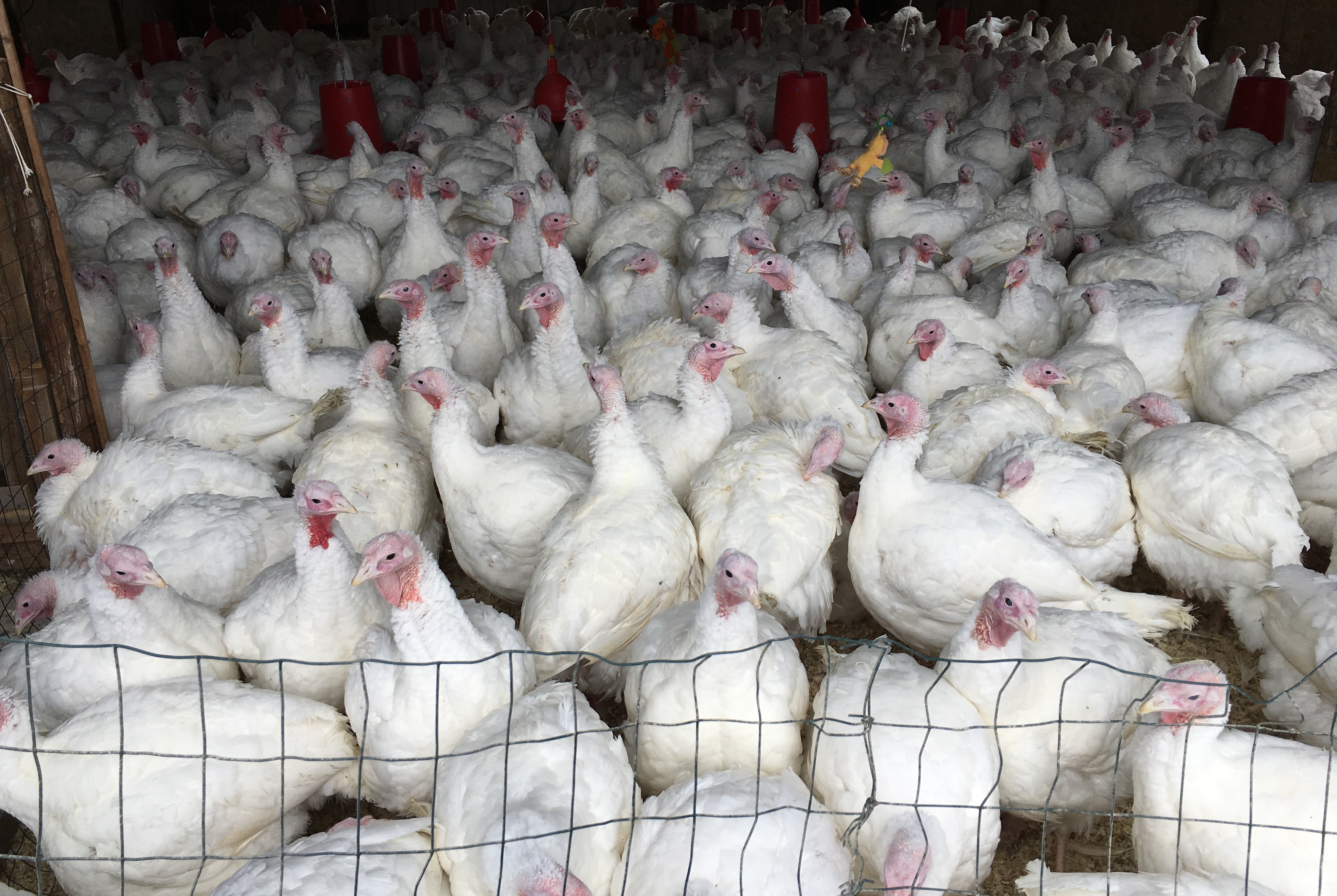
February 15, 2022 | Montpelier, VT - As daylight lengthens, the weather warms and the calendar continues its slow march towards spring, the state of Vermont Agency of Agriculture, Food and Markets (VAAFM) and Departments of Fish & Wildlife and Health would like all Vermonters to be on the alert for highly pathogenic avian influenza (HPAI). This year, multiple cases of the bird virus have been detected in Canada and multiple U.S. states outside of Vermont involving both domestic flocks and migrant waterfowl. Most recently the virus has been detected in domestic turkeys in Indiana, broiler chickens in Kentucky, wild ducks in New Hampshire, and a backyard flock of mixed species birds in Virginia. It is important to note that the Centers for Disease Control and Prevention considers the risk to the general public from this HPAI virus to be low. At this time, state officials are able to provide the following guidance.
For the agriculture community and poultry owners:
The HPAI virus is often initially introduced to domestic poultry by infected wild birds, through direct contact or contact with their droppings, and then may spread between poultry flocks due to poor biosecurity and/or unfavorable environmental conditions. While some waterfowl species can carry the disease without becoming sick, the HPAI virus is generally fatal for domestic poultry. Risk factors for the spread of HPAI include:
- Poultry housed outside
- Ponds or other wild bird attractants on the farm
- Piles of debris located close to poultry areas
- Introduction of poultry from other farms without a quarantine period
- Lack of personal protective equipment such as dedicated coveralls and boots
- Sharing of equipment between farms
- Unrestricted human movement and interaction with poultry
Anyone involved with poultry production, from the small backyard coop to the large commercial producer, should review their biosecurity activities to ensure the health of their birds, restrict human movement onto the farm and limit contact with poultry to only those who NEED to be there. Non-essential personnel and visitors should not be allowed. USDA has materials about biosecurity, including videos, checklists, and a toolkit available here. In addition to practicing good biosecurity, all bird owners should prevent contact between their birds and wild birds and report sick birds or unusual bird deaths to State/Federal officials, VAAFM at 802-828-2421 or through USDA’s toll-free number at 1-866-536-7593 as soon as possible. Additional information on biosecurity for backyard flocks can be found here.
For the fish and wildlife community:
If you hunt wild fowl during Vermont’s available hunting seasons, please keep these tips in mind.
For Vermonters:
No human infections with this HPAI virus have been detected in the United States, and Vermonters may take these steps to prevent infection. Influenza in poultry does not constitute a food safety risk. Vermonters are asked to be alert for dead or sick birds and alert the USDA or Vermont authorities at 802-828-2421 or through USDA’s toll-free number at 1-866-536-7593 as soon as possible.
- For more details on the national cases, visit the USDA website at: https://www.aphis.usda.gov/aphis/ourfocus/animalhealth/animal-disease-information/avian/avian-influenza/2022-hpai
- Find the USDA toolkit for biosecurity at: https://www.aphis.usda.gov/aphis/ourfocus/animalhealth/animal-disease-information/avian/defend-the-flock-program/dtf-resources/dtf-resources
- Find additional backyard biosecurity information at: https://healthybirds.aphis.usda.gov.

